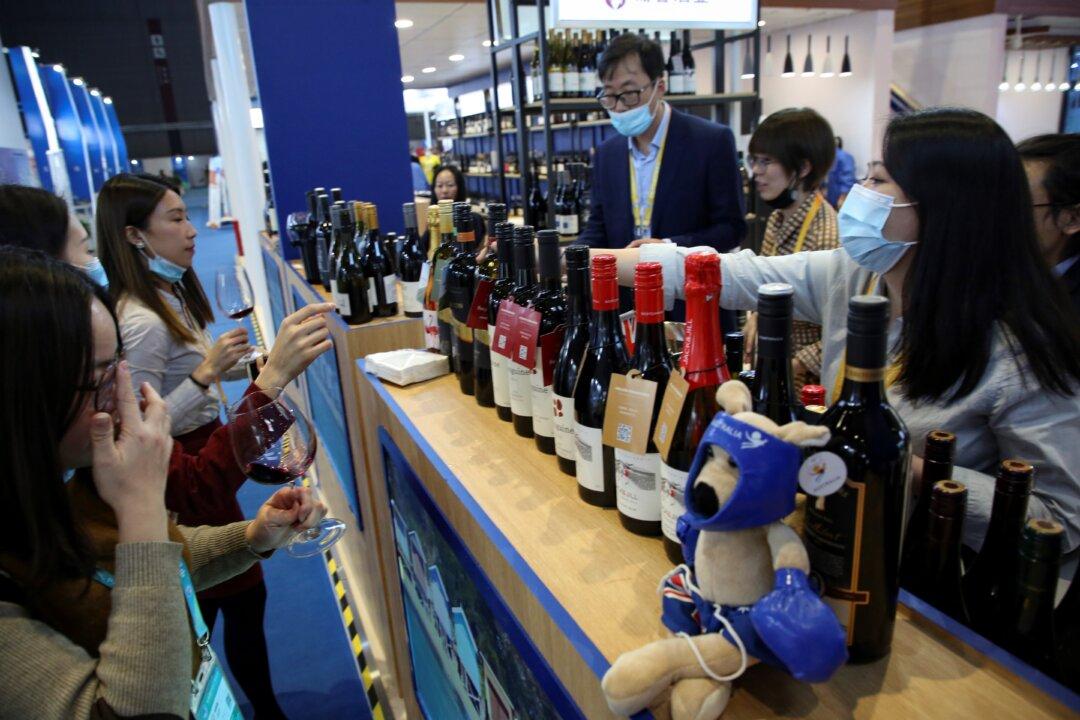Australian Prime Minister Anthony Albanese has high hopes that the Chinese communist regime will soon remove trade restrictions on Australian wine.
This comes after the World Trade Organisation (WTO) handed down a report on Australia’s complaint about Beijing’s punitive tariffs to both sides.





